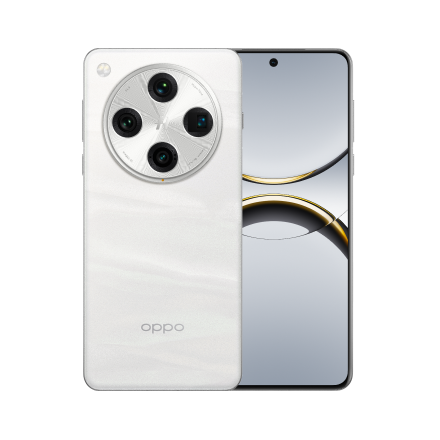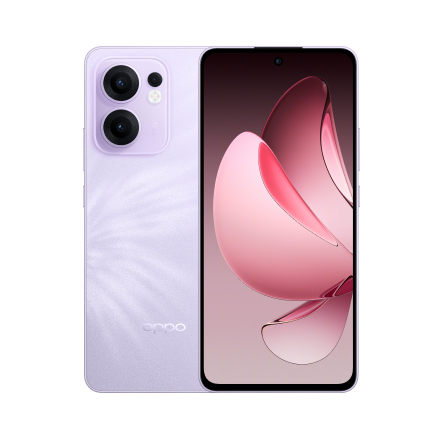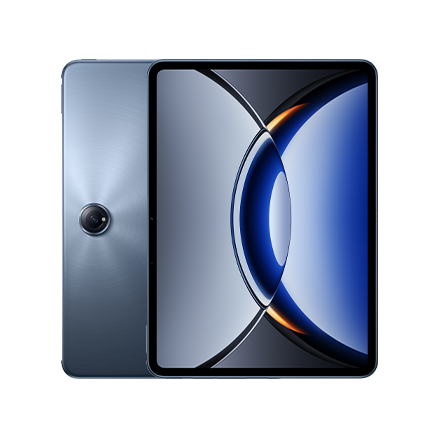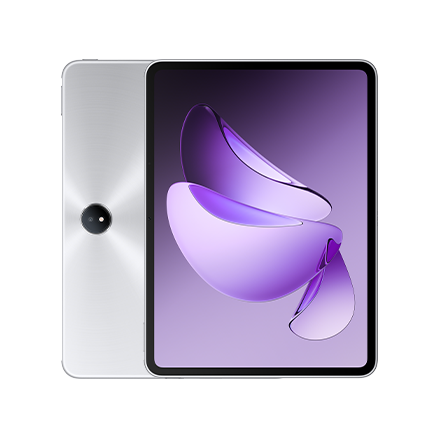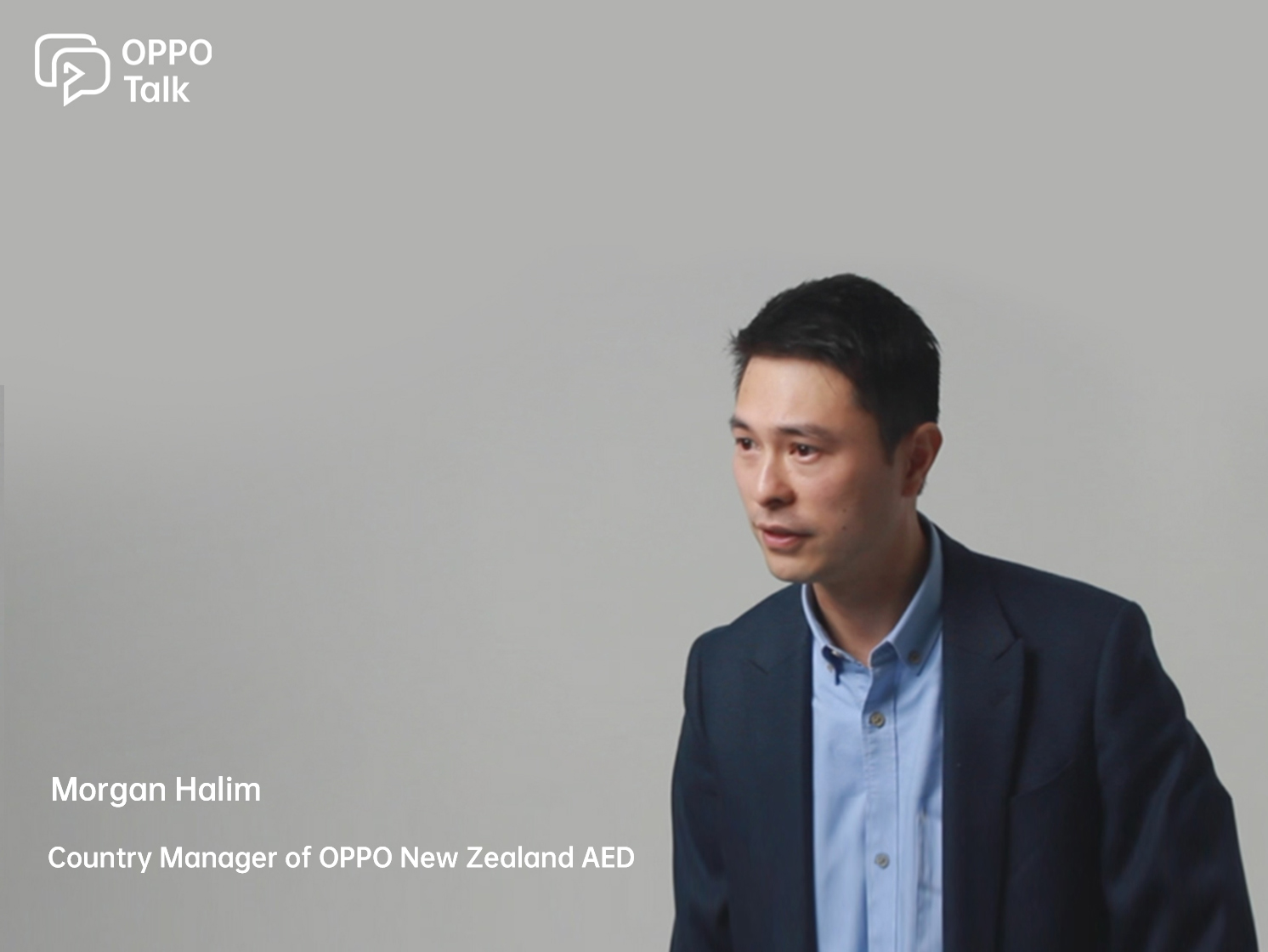
In the beautiful country of New Zealand, the development of the OPPO brand has been rapid and strong.
We are honored to talk to Morgan Halim, Country Manager of OPPO New Zealand AED to share and discuss their localized operation model.
We discover the working atmosphere of OPPO New Zealand as well as discussing how in the current changing and complex market environment, how have they obtained success in NZ and how could the OPPO culture be put into practice locally?

About OPPO
1. Please say Hi to OPPO staff and briefly introduce yourself.
Morgan:Hi, my name is Morgan Halim. I’m a superfan of football on and off the pitch, and have lived half my life in New Zealand, so I am pretty much a Kiwi.
I am the country manager of OPPO New Zealand AED. I started on the shop floor, selling things from transistors, resistors all the way through to smartphones, laptops and televisions, and progressed my career through retail to become senior product manager where I was responsible for product and marketing strategies, curating and developing ranges.
2. What attracted you to join OPPO?
Morgan:One thing that resonated with me is that as a brand, OPPO would come up with great innovation, just like SuperVOOC at MWC in 2016, and 5x Optical Zoom at MWC 2017 and when I visited MWC, OPPO was always the brand that I was looking forward to visit.
You could say that I’ve done everything I could in the retail side for the last 18 years and was looking for a new opportunity and challenge. And one thing that made me choose OPPO versus the other brands was when I had a session with Kevin Cho, who was the previous country manager, he sold me on the organization’s culture and vision and core values. Personally, it is very important that I work with the different sides of the business throughout my time. And I see huge correlation between businesses and success and how these things are embedded in the organization.
About marketing
3. What is the status of OPPO in the New Zealand market?
Morgan:We have become one of the top three brands in New Zealand in 3.5 years. I am very proud of the team for this great achievement, and hopefully we can continue to grow from here.
Also, the brand awareness has increased a lot. This is great because it shows natural growth from our channel penetration and maturity within the market in New Zealand.
4. What are the market characteristics of New Zealand? What is a typical Kiwi customer?
Morgan:Kiwis normally tend to be very outgoing. They like the outdoors, barbeques, and they also love travelling.
In terms of mobile phones, Kiwi customers are looking for a quality product with great customer service and they’re willing to pay more for those things.
We received the Consumer New Zealand Top Brand Award for Mobiles in both 2019 and 2020, which shows we actually hit all those metrics for the Kiwi consumer and hence why we have had a good and great steady growth from then on.
5. What are our effective alternatives for local brand marketing in New Zealand?
Morgan:It’s always going to be challenging for a new brand to enter a new market. I’ll always recall when I first joined OPPO, we did a survey on the road, and asked if anybody knew OPPO. Some people answered: “oh yes, I know that brand, it’s an Indian brand.” I always think that it shows we have a long way to go in building brand awareness, and how well the India team have localised the OPPO brand.
Therefore, as a strategy, we need to fully understand consumer behavior. We know that more than 85% of customers still shop in-store, and that’s why we are leveraging our channel partners’ storefront. This means making sure we have fixtures in most of the top stores, making sure we have our brand’s Point of Sale, and making sure staff are trained on our brand because they will be the first contact of the customer.
We also leverage their marketing channels. Most of them are omnichannel- they have store and online. We use their online channels to raise brand awareness and ensure that our brand is associated with this channel partner.
I think the second thing is also around social media. That is where we are actually starting to communicate with our customer through our own channel with our localised content to ensure that there is some brand association with local feel that will ultimately help us to grow our awareness.
About strategy
6. What are the most popular selling points of OPPO phones by local users?
Morgan:In New Zealand, OPPO is known for its reliability. The factory and HQ have done a good job on this, production and quality control.
The second thing is obviously innovation with things like the SuperVOOC. It’s a propriety technology and innovation that we have.
Lastly, is the design of the phone.
7. What are the main challenges you faced at the beginning? What are your key initiatives?
Morgan: After being in this business now for just over one and a half years, I can say that I think one of the key initiatives that made us successful is that we built a core team, a team that are “glocalised”, one that’s able to communicate with HQ of the needs and requirements of the locals and also have local talent who are able to communicate and deal with our customers as well.
And secondly, obviously around finding the opportunity in the market. The theory becomes where we need to use the local talent to be able to communicate effectively with our local customers and also actually find the opportunity in the market to able to be different. It’s the same formula that can be reused for any developed countries coming in.
8. How do you manage the team and how to maximize the initiative of everyone?
Morgan: What we do well in the past is just keeping everybody aligned with our goals. We do that well by simplifying the goals where everybody can see that clearly. And we do that once a year as a team. We come together and then each department will be able to find their way to contribute throughout the year. We do a check-in in the middle of the year and that keeps us aligned and keep us in control and keeps us also together in how we’re going to approach what we want to achieve together.
It’s important for us to hire someone that is actually a culture fit and has the same vision on core values that we run the organisation with. With that, they’re integrated easily and blend in with the team straight away.
9. What is the working atmosphere of OPPO New Zealand?
Morgan:I’ve been working here in NZ for 18 years. I find that kiwis appreciate the work-life balance, and we find that they are more productive when they do have a good work-life balance.
For OPPO New Zealand what we do is to encourage work-life balance for our team so what we do is introduce flexible working hours. This enables the team to adjust their working hours. For example, if there are parents who like to drop off their kids in the morning to school, they can start a bit later but then finish a bit later at work to be able to enjoy their family time but also be productive as well at work.
About channel
10. What is the image of OPPO to New Zealand's major customers? How do you improve the value perception of major customers on OPPO?
Morgan:Typically, our customers will see us as a brand that is easy to deal with, very collaborative, very energetic and always open-minded about new ideas. This has been very beneficial for us as every time there is a new opportunity that arises, we come in top of mind for our customers for any new and good opportunities.
I think for us to maintain and improve the perception, the key thing is, for one, consistency. We need to continue to do what we do well, and we need to take it to the next level. As the brand grows, we need to do more, we need to be more creative, we need to be more enduring and I think that’s what will be the next step for us.
About opportunities
11. In meeting the 5G opportunities, how do we cooperate with local operators?
Morgan:In New Zealand, 5G adoption happened faster than the 4G adoption. From the start we have communicated to our key partner and this is a conversation around how we can be a test partner. How can we make sure that we provide our devices to be the key devices for user cases, but also 5G deployment at well? The way we work over time where we show that we are again, reliable, we are very customer-centric, and we are easy to deal with and we are currently by default one of the key partners for operators.
